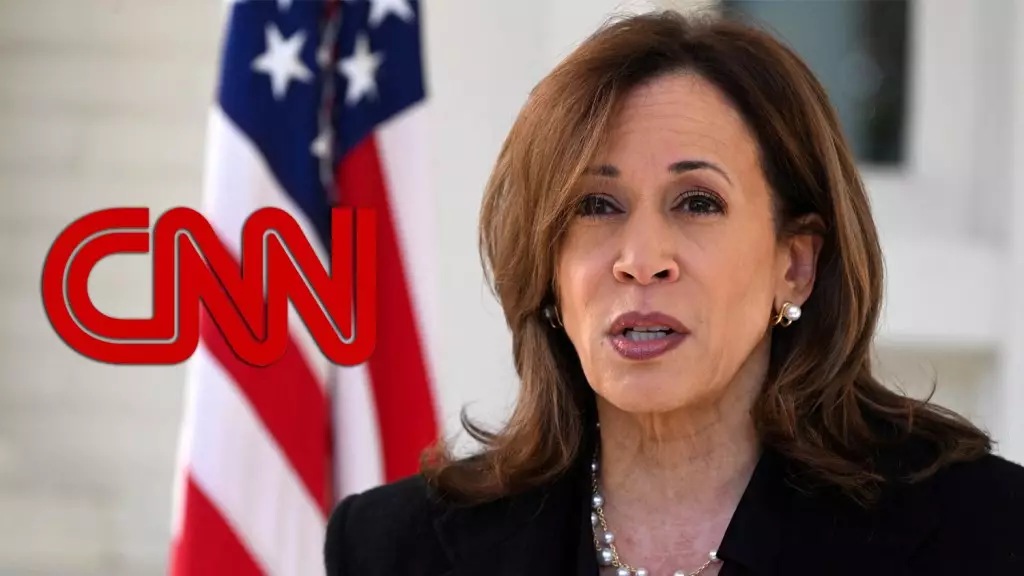In a politically charged atmosphere, the remarks made by General John Kelly, former Chief of Staff to Donald Trump, have sparked significant controversy. Kelly has publicly identified Trump as a figure who aligns with fascist ideologies. This assertion is particularly alarming, coming from someone who held a high-ranking position in Trump’s own administration. His comments suggest a growing concern within certain ranks of the Republican Party regarding Trump’s potential return to power. By echoing sentiments that frame Trump’s behavior as alarming and indicative of authoritarian trends, Kelly has not only raised questions about Trump’s fitness for the presidency but has also ignited a larger discussion about the underlying trajectory of the GOP.
Vice President Kamala Harris’s affirmation of Kelly’s remarks carries weight. During a CNN town hall, she characterized his statements as a “911 call to the American people,” underscoring the urgency of the situation as Election Day approaches. Her candid admission that she sees Trump as a fascist is significant; it reflects a growing sentiment among Democrats that cannot be understated. The timing of her remarks—and the chosen venue in Pennsylvania, a key battleground state—indicates a strategic effort to galvanize support against a backdrop of rising tensions. The public’s reaction may hinge not only on the content of her statements but on the emotional resonance they create as voters contemplate the implications of a potential Trump administration.
As both campaigns ramp up their efforts ahead of the closely contested elections, the dynamics of public engagement take center stage. Trump’s decision to dodge CNN’s proposed debates in favor of separate town halls amplifies the divide in the political discourse. By opting for more friendly territory in Georgia, Trump aims to solidify his base while seemingly evading critical questioning. This move not only speaks to his strategic maneuvering but also highlights the polarized media landscape where political figures curate their public appearances to align with supportive audiences. The contrasting styles of the candidates—Harris’s open engagement versus Trump’s selective interaction—illustrate a broader narrative about authenticity and transparency in politics.
Tucker Carlson’s depiction of a Trump presidency evokes familial imagery—one of a disappointed father chastising his children—potentially resonating with a segment of voters who yearn for a return to a perceived order. However, such rhetoric also underscores a callous attitude toward governance, where accountability and governance are reduced to personal grievances. The infantilization of political discourse diminishes the gravity of the issues at hand, rendering complex political dynamics into simplistic narratives that lack depth. This not only trivializes democratic discourse but raises concerns about the potential normalization of authoritarian tendencies within the GOP.
The Road Ahead: A Critical Juncture for American Democracy
As the nation edges toward Election Day, the discussions surrounding Trump and the GOP invoke deeper reflections on the nature of democracy in the United States. The dialogue initiated by voices like General Kelly and Vice President Harris serves as a reminder of the fragility of democratic institutions when faced with populist movements. The reactions to these statements will ultimately shape the political landscape in the coming months and perhaps years. Amid this turmoil, American citizens must critically evaluate the narratives being presented, ensuring that the path forward respects the values of democracy and inclusivity that the country aspires to uphold.
